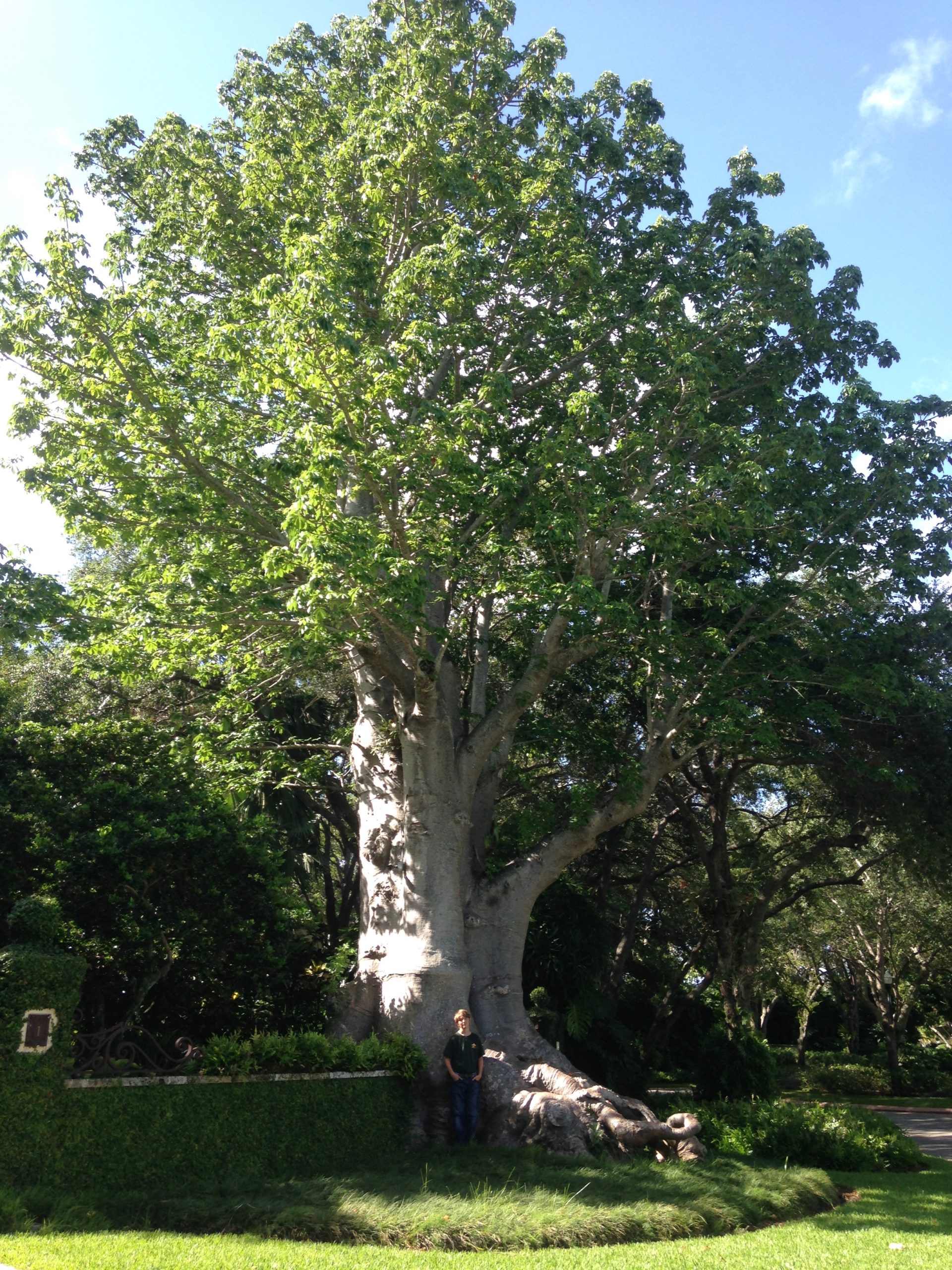Press
The Newest Status Symbol for High-Net Worth Homeowners: Trophy Trees

For decades, Walter Acree operated a modest landscaping business in Deerfield Beach, Fla. A self-described rebel, he mowed lawns in his bare feet, his then-long hair falling around his shoulders. Then, a few years ago, he stumbled into a lucrative niche business: helping South Florida’s superrich find trophy trees—the latest in status symbols for the most well-off Americans. “I’m kind of unique,” said Mr. Acree, now the owner of Green Integrity’s, a tree relocation and landscaping firm. “Not a lot of people do what I do.” Mr. Acree, 61, a so-called tree broker, regularly drives his wealthy clients around South Florida in search of the perfect tree for their garden, whether it is a giant kapok, an enormous canopied oak, a baobab, a ficus or a banyan. Together, they scope out trees in other people’s gardens and outside local businesses, then approach the owners with an unsolicited offer. Then, it is Mr. Acree’s job to find a way to transport the tree to his client’s property. Sometimes, that involves using a long flatbed truck, a barge or even a 300-ton crane. Mr. Acree has also developed his own technique, which he calls “arbor division,” for moving the largest trees. It involves slicing the tree vertically into several parts using 6-foot-long saws with specially hardened blades, transporting the individual pieces to the site, then reassembling the tree with steel aircraft cable, ratchet straps and bolts. Mr. Acree’s business has been flourishing for more than five years, but it went into overdrive this past year as hordes of ultrahigh-net worth home buyers piled into the South Florida market amid the Covid crisis. While trophy trees are a nationwide trend, Miami tree brokers have particularly benefited because of the area’s diversity of available trees. The city’s system of canals also makes it easier to transport trees by boat without having to cut back tree canopies.
